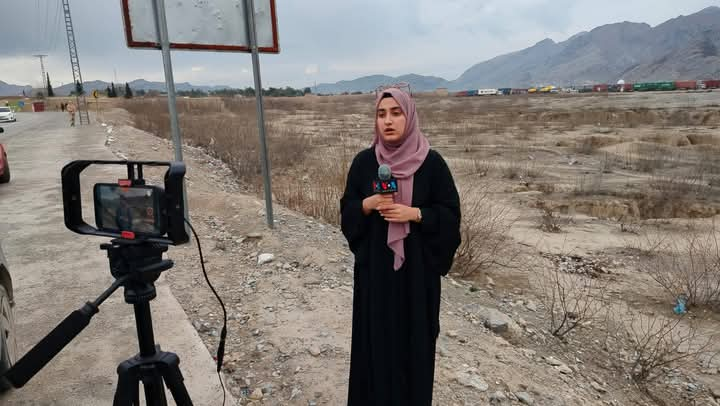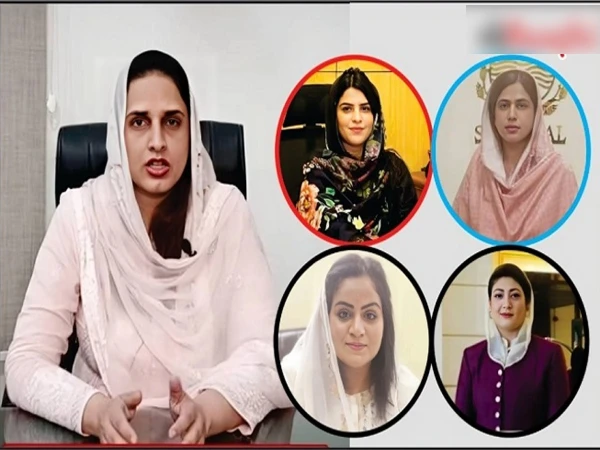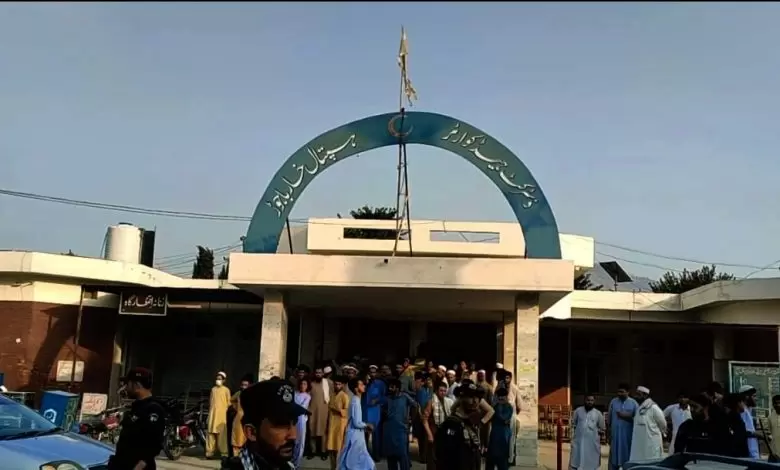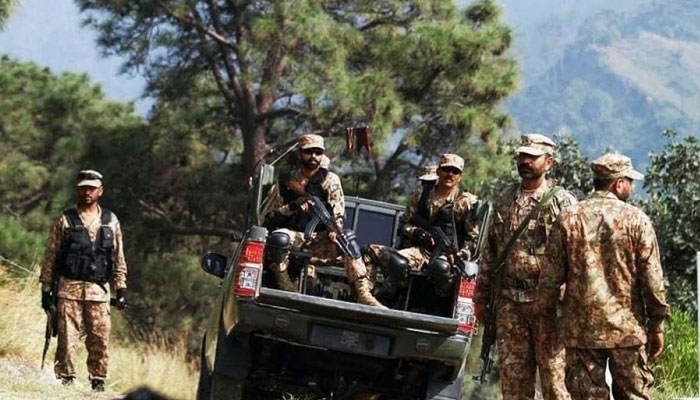
Peshawar-based journalist Fatima Nazish has spent the last eight years navigating the male-dominated and often hostile world of media in Pakistan. Working with an international broadcasting outlet, she has braved repeated incidents of harassment both inside the newsroom and out in the field — but she has refused to back down.
“In the beginning, I was unaware of the workplace dynamics. Some colleagues tried to draw me in under the guise of mentoring, but I learned to shut them down with a firm ‘shut up call,’” Fatima recalled. Over time, she developed the skills and confidence to hold her ground.
The field presented a new set of challenges. “People often commented on my clothes,” she shared. “But I realized that adapting to local customs helps. In Islamabad or Peshawar City, I wear what I like. But in rural areas, it’s different.”
Also Read: Pashtun Society and the Power of Respect: A Culture That Honors Women
In the field, people frequently asked to take selfies or make TikTok videos with her, assuming that being a woman in media meant she was “available” or “open” to anything. “I usually say no. Just because I work in media doesn’t mean I owe you a picture or a video,” she asserted.
The scrutiny extended to her professional choices as well. “People questioned why I work with a male cameraman. I don’t feel I need to justify myself, but the mental pressure is real,” she said.
Muska Safi, an Afghan-origin journalist who has been working in Peshawar for the past six years with Ashna Radio, echoed these challenges. A graduate of the University of Peshawar, she pointed out that women in both Pakistan and Afghanistan face deep-rooted societal hurdles when they step into journalism. “People believe that if a woman talks to men for her job, she must lack character. Only a few recognize journalism as a respectable profession for women,” Muska said.
She noted that out of the eight female students in her journalism class, only she pursued field reporting. “Most went into teaching or became PROs. If a woman isn’t mentally strong, she’ll stay confined to the home,” she explained.
Despite mastering skills like camera work, editing, scripting, and interviewing, Muska said she still brings a male colleague to the field to help manage difficult interactions. “If I shoot a piece-to-camera, a crowd of men gathers. I get flustered, forget my lines, and need multiple takes,” she admitted. At the Pak-Afghan border, she often lets her male cameraman handle conversations with male security staff, as it’s challenging for her to engage them directly.
In Khyber Pakhtunkhwa, journalism programs are offered at five major universities, including Hazara University, Abdul Wali Khan University, University of Malakand, Gomal University, and the University of Peshawar. Collectively, around 250 students graduate from these institutions annually — only about 20% are women. Dr. Bakht Zaman Yousafzai, a journalism professor at the University of Peshawar, confirmed that only one or two women per batch typically pursue fieldwork. “Most prefer teaching or government jobs due to the conservative societal mindset,” he said.
Currently, only 8 to 10 female reporters are actively working in the field in Peshawar — a city that leads the rest of the province in this regard. Most other women work in desk-based roles. According to records from the Khyber Union of Journalists, just 18 female journalists are registered as field reporters in Khyber Pakhtunkhwa, compared to over 500 male journalists.
The societal pressure is compounded by a surge in harassment complaints. Documents obtained under Khyber Pakhtunkhwa’s Right to Information law show that the number of cases submitted to the Provincial Ombudsperson for Women has increased sharply — from 378 in 2020-21 to 1,222 in 2022-23. In the first five months of the current year alone, 162 complaints have already been filed.
Despite facing ongoing harassment, Fatima has never filed a formal complaint. “I’ve come to accept this as part of my daily life,” she said. “You can’t eliminate negative attitudes completely. That’s why it’s important for us to remain strong, safe, and determined.”
While female journalists in Khyber Pakhtunkhwa may still be few, their presence is powerful. Women like Fatima and Muska are not only challenging societal norms but also paving the way for future generations. The time has come for institutions, governments, and society to collectively support and protect women in journalism — so they can raise their voices and amplify those of others.
2.jpeg)
1.jpeg)
09 Jul, 2025





1.jpeg)
09 Jul, 2025